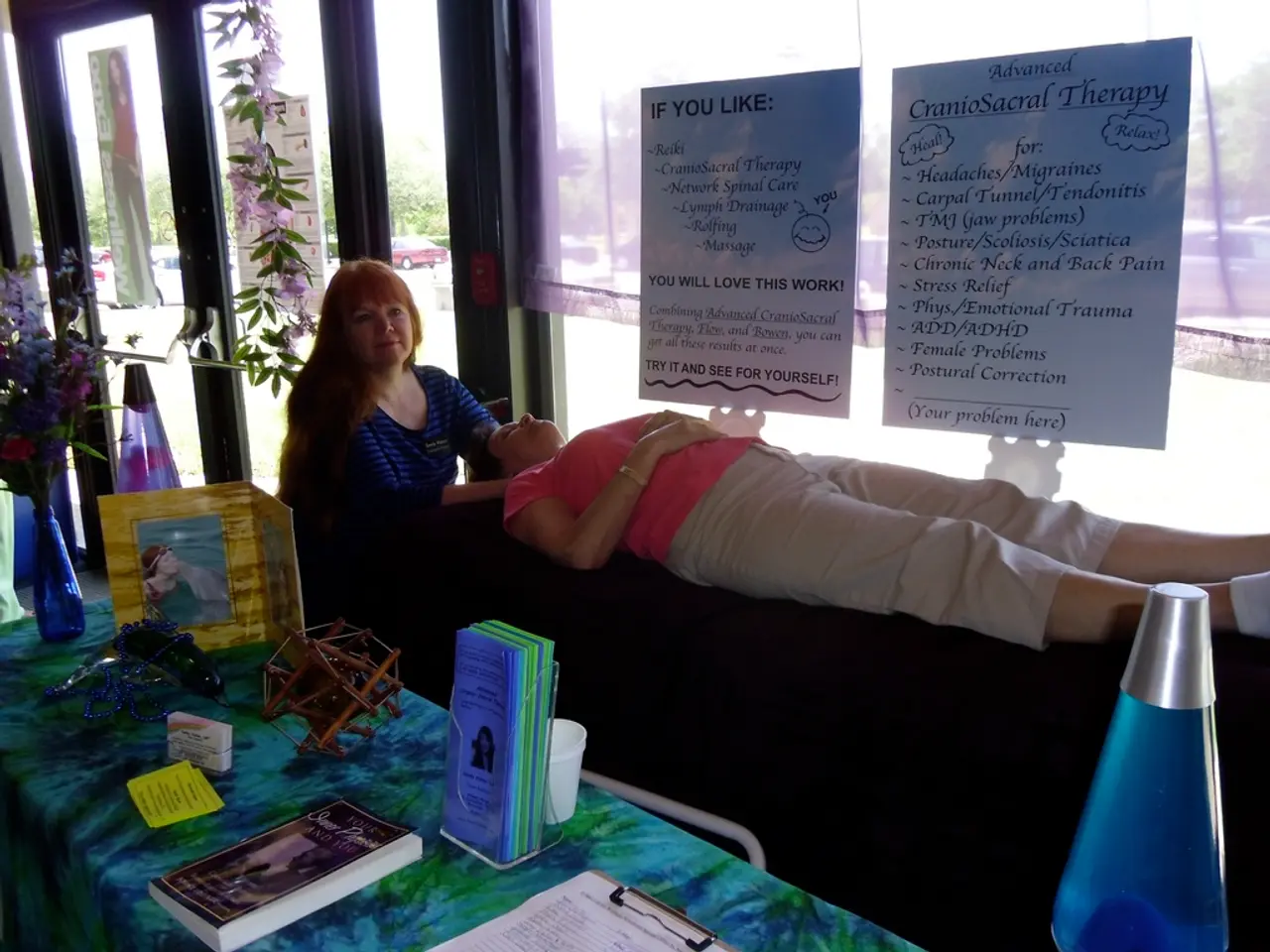Understanding Depression Without Feelings of Sadness: Key Facts
Depression, a clinical disturbance in mood and behavior, is a common mental health issue that affects millions of people worldwide. Contrary to popular belief, depression can occur without feelings of sadness, a condition often referred to as silent depression or high-functioning depression.
According to the Diagnostic and Statistical Manual of Mental Disorders, fifth edition (DSM-5), for a diagnosis of depression, symptoms must be present for at least 2 weeks. These may include the presence of depressed/low mood or the loss of interest or pleasure in previously enjoyed activities, in addition to four or more other symptoms such as significant weight gain or loss, changes in appetite, sleep disruptions, feelings of worthlessness, shame, guilt, fatigue, difficulty concentrating, suicidal thoughts, and other symptoms.
Treatment options for depression, whether with or without feelings of sadness, are varied and effective. Psychotherapy methods such as cognitive behavioral therapy, psychoanalysis, hypnotherapy, and dialectical behavior therapy (DBT), as well as mindfulness training to support relapse prevention, can be beneficial. Lifestyle changes like physical activity, a balanced diet, sufficient sleep, and stress management also play a crucial role in managing depression.
Medication may be considered when appropriate, with doctors often recommending antidepressants to treat depression and help elevate or balance mood. It's important to note that medication should always be used under the supervision of a healthcare professional.
Self-care for depression can include practices like getting more sleep, eating a healthier diet, exercising more, getting outside, connecting with nature, focusing on mindfulness activities like meditation or writing. If you're looking for a therapist, resources like Psych Central's How to Find Mental Health Support can be helpful.
Group therapy can be just as helpful as individual therapy, and free local peer-led support groups are available through organisations like the Depression and Bipolar Support Alliance and the National Alliance on Mental Illness. Cognitive behavioral therapy, aimed at challenging and changing negative thoughts while simultaneously engaging in targeted and goal-directed activities and social engagement, can be particularly effective in treating depression.
It's important to remember that depression affects people differently, and men and women may experience depression differently. Men are more likely to experience anger or irritability and turn to substance misuse as symptoms of depression, while women are more likely to experience the condition overall, with factors contributing to this including hormone-related and culture-related issues.
Approximately 16% of people (1 in 6) will experience depression in their lifetime, so it's crucial to be aware of the signs and seek help if needed. If you or someone you know is struggling with depression, it's important to reach out for support. Help is available, and recovery is possible.
Read also:
- Nightly sweat episodes linked to GERD: Crucial insights explained
- Antitussives: List of Examples, Functions, Adverse Reactions, and Additional Details
- Asthma Diagnosis: Exploring FeNO Tests and Related Treatments
- Unfortunate Financial Disarray for a Family from California After an Expensive Emergency Room Visit with Their Burned Infant








